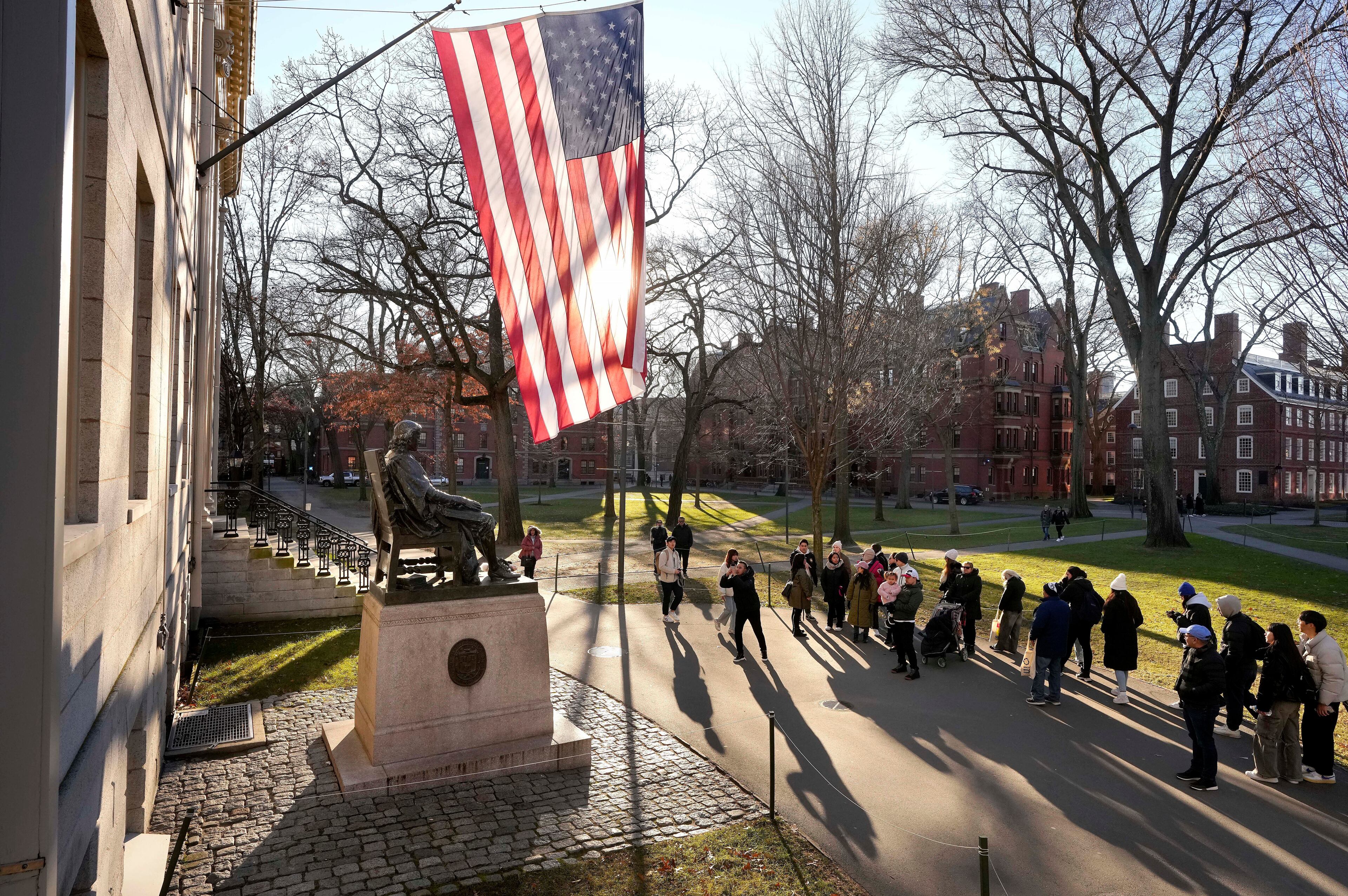New higher education accreditation organization is bad for business

The University System of Georgia’s Board of Regents is moving forward with adopting a new accreditation body for its institutions of higher education. The Commission for Public Higher Education could replace the Southern Association of Colleges and Schools Commission as the governing accreditation and standards organization for all 26 public universities and colleges.
The few things that we know about the CPHE are as clear as mud. For example, the new standards require that universities support “viewpoint diversity.” While best practices in a classroom always facilitate time, space and discussion of a variety of viewpoints, the language in the standards here remain unclear and, as a result, muddy the waters of how universities are meant to comply.
If we accept the new accreditation body as the “anti-woke” accreditation body as co-founder Florida Gov. Ron DeSantis wants the organization to be, are we to understand that universities will be out of compliance if any viewpoint is omitted in the classroom?
In a geography class, is “viewpoint diversity” achieved by a professor teaching that the Earth is round but also teaching that “some people” believe that it is flat and, in an effort to not appear “biased,” present both views on equal grounds? Is the message to students, “Listen, I don’t want to come across as political so pick which viewpoint here aligns with and reaffirms your own personal views.”
Is gravitational theory “only a theory” or “woke” for folks who do not understand what the term theory means in science? Will faculty be required to include non-scientific and non-scholarly content that offers the viewpoint diversity of, say, a blog that “challenges” the scientific consensus with what amounts to a “nuh-uh” or the like? Seemingly, this would all be decidedly miseducative which goes against the very nature of higher education.

If “viewpoint diversity” is not related to the content of the course but overtly about perceptions that university faculty skew toward liberal points of view, how will institutions comply with ensuring faculty hires represent “viewpoint diversity”?
DeSantis ally Chris Rufo claims universities, through DEI, have removed conservative viewpoints from higher education. And while the claim that higher education — a place where the work centers on data, research and varied viewpoints — is some breeding ground for liberal ideologies is not new, this new accreditation body seeks to activate that myth against the institutions themselves — an expansion of what DeSantis and Rufo accomplished at Florida’s New College. But how will this work in Georgia?
The Georgia Board of Regents recently enacted a new policy that states, “All employment processes and decisions, including but not limited to hiring, promotion and tenure, shall be free of ideological tests, affirmations, and oaths, including diversity statements.” This policy was passed in the flurry of anti-DEI efforts and sought to restrict any perception of acknowledging that our nation, students and stakeholders are diverse. But in doing so, this BOR policy may, on its own, cause universities to be out of compliance with the anti-woke accreditor unless they administer political orientation tests for their employees — like those now in K-12 schools in Oklahoma, which also violate BOR policy.
One of the hallmarks of USG Chancellor Sonny Purdue’s tenure is to require faculty and staff to view students as “customers” and claiming that higher education is in the “customer service business.” While efforts from the USG/BOR have sought to align with the broader anti-DEI/anti-woke sentiment of the day, these efforts remain not only problematic, hard to enforce from a policy standpoint, but truly just terrible for business — and our “customers.”
These politically charged efforts to strong-arm curriculum, teaching and campus climate to align better with right-wing perspectives represent an existential threat to academic freedom and the very nature of science and the humanities. These efforts by the USG/BOR to leverage fervent political and right-wing culture warrior policies to eliminate DEI through a new accrediting body represent the opposite of a sound business model in favor of ideological commitments that will not aid the USG in surviving the coming enrollment cliff.
As an example, a lot of our students come from Gwinnett County and, as it happens, Gwinnett is one of the 10 most diverse counties in the entire nation. And while this may fuel fears about white replacement theory, this is a reality that the state and its institutions of higher education must lean into to survive. Even putting aside the moral argument for why diversity is a strength of our state and nation, employing conservative business rhetoric about “customers,” “return on investment,” etc. ought to illustrate the fallacy of anti-DEI policies from the BOR and anti-DEI legislation from the state legislature when students in our state are quite diverse.
We must be serious about the work that we do in higher education. Our students cannot be the fodder for culture wars and political points scored to satisfy white or political fragility. This reality is true through the lens of morality but, to leverage conservative rhetoric, the “business” of higher education in the state of Georgia will be unable to serve its “clients” well or provide quality “customer service” if the very systems being put in place are thinly veiled attempts to remove diversity from the curriculum (book bans, objective changes, accreditation overhauls) in the name of aligning with the political winds of the time that operate on the animation of manufactured crises and imagined boogeymen.
T. Jameson Brewer is an associate professor of social foundations and leadership education at the University of North Georgia.
If you have any thoughts about this item, or if you’re interested in writing an op-ed for the AJC’s education page, drop us a note at education@ajc.com.


